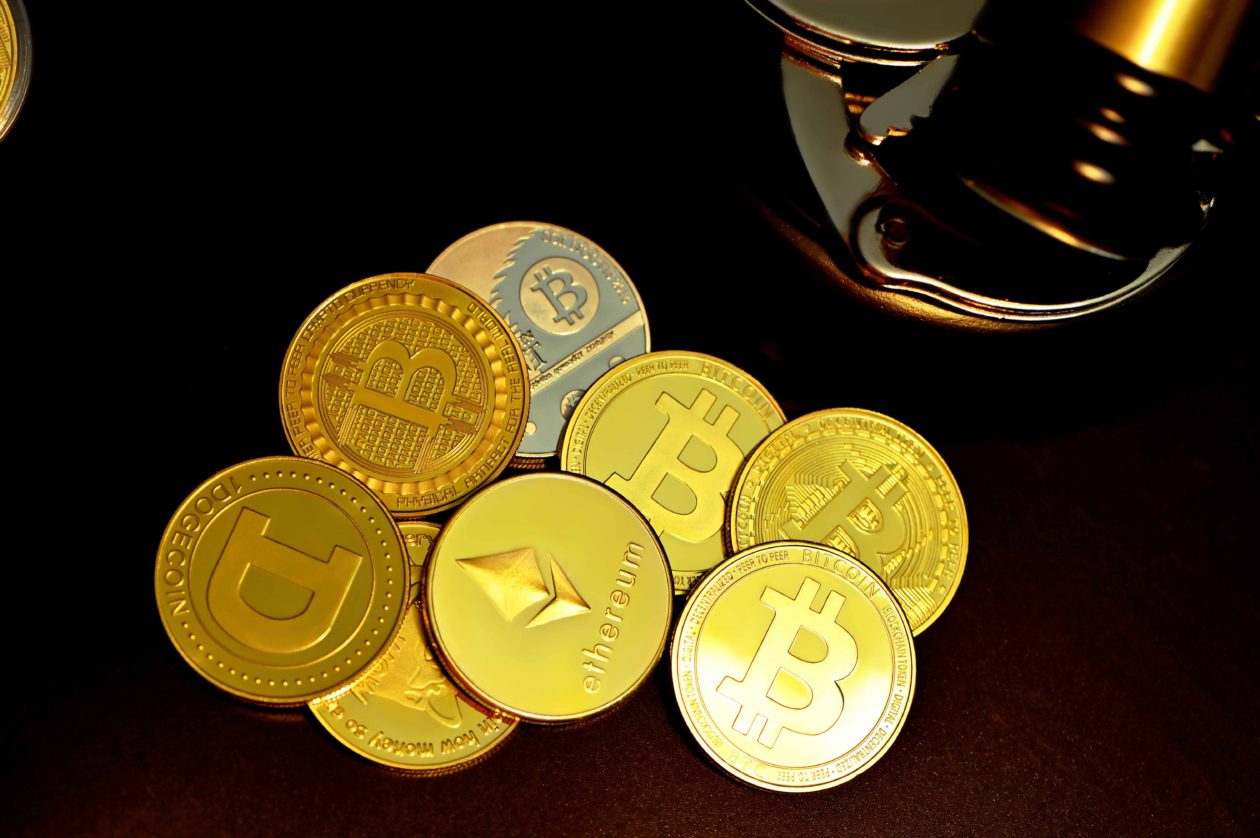In a speech at the Sydney Dialogue today, India prime minister Narendra Modi called for all democratic nations to work together on crypto regulation. He said: “Take cryptocurrency or Bitcoin for example. It is important that all democratic nations work together on this and ensure it does not end up in [the] wrong hands, which can spoil our youth.”
Modi’s speech comes at a time when India is still finalizing the details of a crypto regulatory framework. Just last week, Modi chaired a meeting to discuss the future of crypto in the country, which was shortly followed by the first parliamentary discussion on crypto. The parliamentary meeting ended in a consensus that crypto needs to be regulated but not banned in the country.
While a blanket ban is now off the table, the use of cryptocurrency for payments is likely to be prohibited under the new regulation, the Economic Times reported on Wednesday citing anonymous sources. The report stated cryptocurrencies may be allowed as an asset, like shares or gold.
Although banning crypto payments means shutting out a major crypto use case, it is in line with the central bank’s stance. Reserve Bank of India governor Shaktikanta Das has reiterated that cryptos cannot be considered “currency” because of their lack of intrinsic value. Moreover, the RBI has been calling for a ban on crypto, citing concerns over financial and economic stability.
Furthermore, crypto exchanges and businesses may not be allowed to actively solicit users, the ET report noted. This is hardly a surprise, since the impact of crypto advertisements that could be misleading were discussed at both the prime minister’s and parliamentary meeting. In fact, crypto exchanges WazirX and Bitbns have decided to refrain from advertising amid expectations of a regulatory clampdown, according to a report by CNBC TV-18.
The CNBC report further states that India may classify crypto exchanges as e-commerce platforms and charge them 1% tax under the Goods and Services Tax regime. Currently, crypto exchanges pay 18% GST which is passed on to the investors as trading fees. The government is also exploring ways to lower tax rates on blockchain technology, the CNBC report noted.
The details of India’s crypto bill are yet to be made publicly available. Although the government is still modifying the bill, it is expected to be introduced in the next session of parliament starting on Nov. 29.
According to the ET report, the government has not yet taken a final call on who will regulate the crypto market. However, it is expected that the Securities and Exchange Board of India will be assigned that role, the report said.





